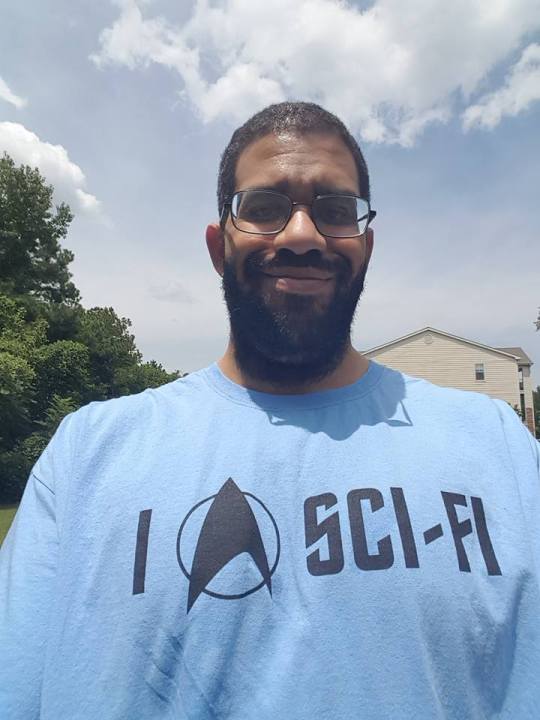David Grady shows a clip, but here is the whole thing. It feels quite familiar.
His TED Talk:
 Personally, I hated status meetings for one project but liked them for another. The bad one was purely about going over the project plan every week and 40% of the time was spent telling the project manager what to type in order for the director to understand the item. The good one we talked about what everyone was doing and spawned side discussions about dealing with where people were stuck.
Personally, I hated status meetings for one project but liked them for another. The bad one was purely about going over the project plan every week and 40% of the time was spent telling the project manager what to type in order for the director to understand the item. The good one we talked about what everyone was doing and spawned side discussions about dealing with where people were stuck.
Certain people I know respect everyone’s time, so I’ll blindly accept everything they throw at me. Anything my boss sent me to I’d just go. While I may not know why, my time was never wasted.
The worst? A certain vendor in investigating issues affecting thousands of users in production, would schedule a time for us to meet about their findings. The content of the meeting would be, “We have not found anything yet, but this is still our top priority. Can we meet again at <new time>?” Yeah, this is a waste of everyone’s time. Just send an email a quarter hour ahead of time explaining you need more time and pick a new one. This is so important people will MAKE time to be there.
For years, I have tried to make sure I include the why of a meeting in the invite. And if my “bad meeting” radar goes off, then I will inquire about the why for it.
The post TED Talk: End Bad Meetings appeared first on Rants, Raves, and Rhetoric v4.
From TED Talk: End Bad Meetings published September 29, 2015 at 07:08AM.

